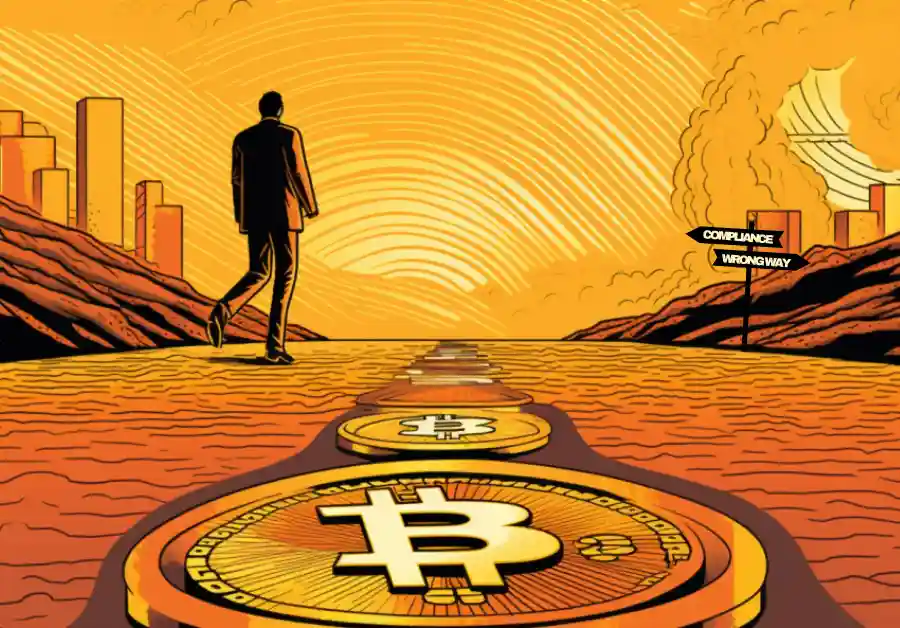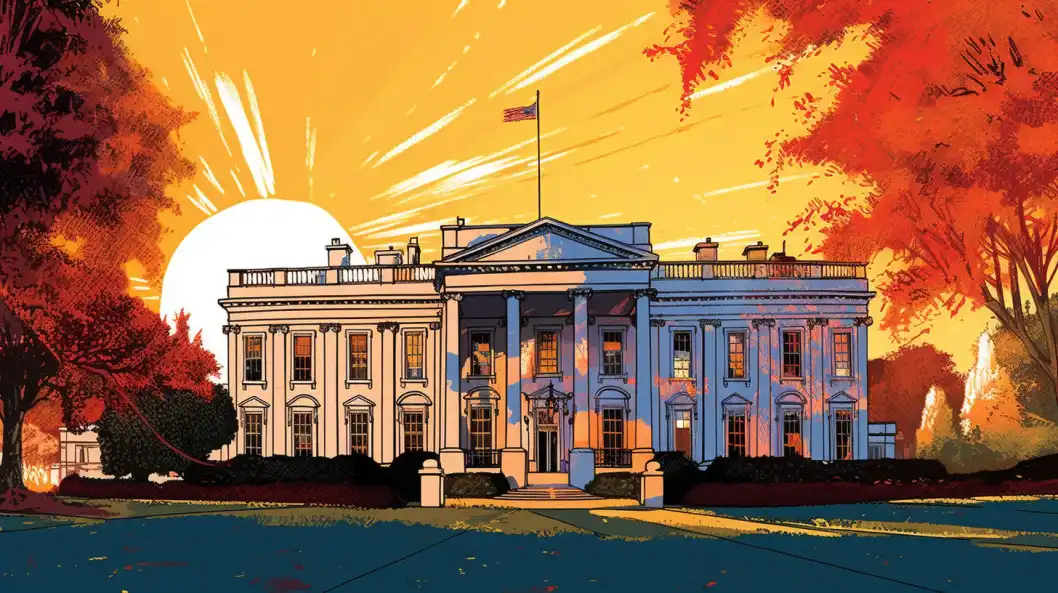Last week, The Economist published an article in which it justifiably decried the high cost of foreign remittance. The article blamed a combination of factors, including AML regulations of course. However, the bulk of the article was devoted to criticizing exclusive agreements signed by banks and other companies. Mobile-based platforms, The Economist hypothesized, will be the great equalizer, democratizing the remittance space through innovative, low cost solutions. (Hello, bitcoin here!) However, even technology may not be enough to tackle the elephant in the room that is AML. Money transmitters remain increasingly weary of processing transfers to high risk jurisdictions, thereby driving up costs. Some of the poorest countries on earth like Somalia for example, which depend on remittances, have been effectively cutout altogether due to the practice of “derisking”. This trend continues unabated, disproportionately affecting the poorest and most vulnerable. Regulation of international money transmission is indeed “a tax on the poor”.
Economist: “A tax on the poor. Regulation is keeping remittance unnecessarily expensive”
September 14, 2015


